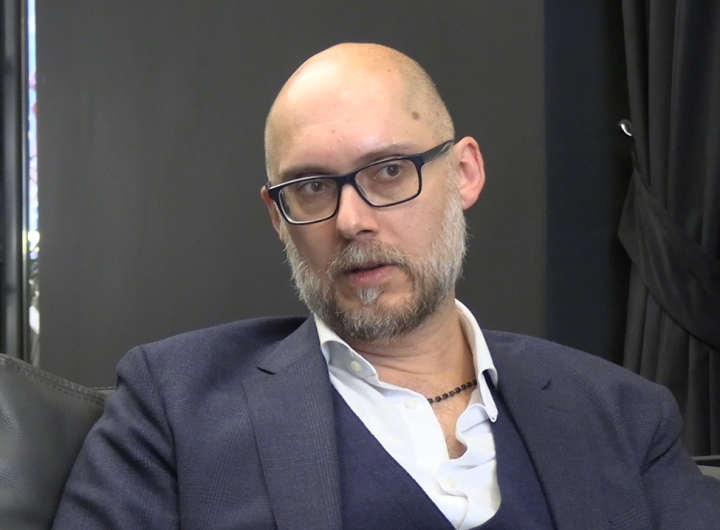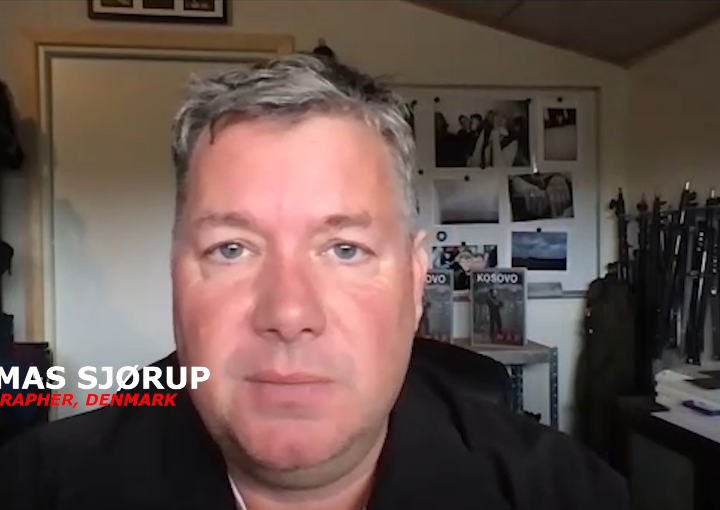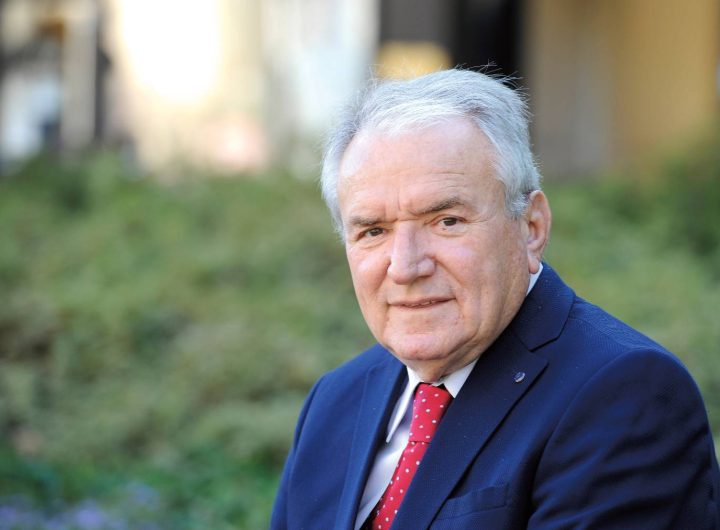
Professor and expert on international relations, Sylë Ukshini, in an interview for The Geopost, speaks about the myth of Vidovdan as an ideological and political construction of the Serbian state and Church, which since the 19th century has served as a legitimizing tool for territorial claims against Kosovo.
Ukshini emphasizes that the Battle of Kosovo in 1389 has been mythologized for nationalist and chauvinistic purposes.
He sees this myth as a dangerous mixture of the narrative of the Serbian Church with the Serbian state project, which has influenced not only the internal Serbian discourse, but also the international perception of Kosovo. According to Ukshini, this myth has been used to build false historical legitimacy, excluding others from this space and fueling tensions and conflicts in the Balkans.
Complete interview:
The Geopost: Vidovdan as the oldest Serbian myth about Kosovo in historical terms. How do you see it and how do you comment on it?
Ukshini: Yes, in fact, the Battle of Kosovo was among the most insignificant battles. In the historical and factual sense, it is little proven. There have even been historians who have said that it does not exist. But, with the creation of the Serbian state in the 19th century and in an attempt to legitimize the goals of territorial expansion, the Serbian Academy and especially the Serbian Church have spread the Serbian myth that Kosovo is the cradle of Serbians. On the other hand, it must be stated that the Battle of Kosovo was actually a coalition where there were Hungarians, Croats, Bosniaks and Albanians. It was a coalition of Christians because Albanians were also Christians.
But the Serbs, by turning this into a territorial claim, as a hegemonic myth, they claim that only they were and only they should be here. On the other hand, we all know that nations were formed in the 19th century. And for the 13th, 14th century, we cannot talk about Albanians and Serbs in the sense that they are now established nations. That’s a myth, it is a fairy tale, but it has been transformed into an expansionist ideology and for political purposes, where the hegemonic political aim of the state has been combined with the church narrative, and this narrative has actually brought problems and has brought conflicts in the Balkans, and the most famous case is the year 1989 when this holiday was celebrated, and since then, Serbs have celebrated Vidovdan not as a cultural holiday, not as a historical holiday, but as a chauvinistic holiday, as a holiday where they exclude others. And this is the evil and this is the hostile part of it.
The Geopost: In diplomatic terms, how has Serbia used Vidovdan, how has it raised Serbian nationalism both inside and outside Kosovo?
Ukshini: It is very interesting that they have published many books about this event. And they have always referred to it continuously, in church documents, in the church, in the documents of the Serbian state. And almost even in Western literature, a kind of understanding of the historical claim has penetrated. But if we go from historical law, then before the Serbs there were Albanians in antiquity. But states cannot be built on old projections, because if we start with this goal, then here would be Rome, if not Rome, Byzantium, if not Byzantium, then the Ottoman Empire. They cannot be built on these premises. But the Serbs have invested enormously in propaganda and of course have taken advantage of the favorable international conjuncture that existed at the beginning of the 20th century, profiling themselves as anti-German, against Germans, anti-Austrian interests, have taken advantage of French and English support and have spread this myth through many scholars of French and English diplomacy. And this has been evident especially in the First World War and then has also found a place in literature and academic circles.
/The Geopost

 Russia is using disinformation to influence Western democracies
Russia is using disinformation to influence Western democracies  “Disinformation is becoming more sophisticated,” Alexandre Alaphilippe talks about global challenges and the role of AI
“Disinformation is becoming more sophisticated,” Alexandre Alaphilippe talks about global challenges and the role of AI  Paolo Palumbo: Russia is strengthening disinformation campaigns through artificial intelligence
Paolo Palumbo: Russia is strengthening disinformation campaigns through artificial intelligence  Professor Iztok Prezelj: Balkans influenced by external powers, Serbia serves as an entry point for Russia
Professor Iztok Prezelj: Balkans influenced by external powers, Serbia serves as an entry point for Russia  Kosovo through the lens, interview with the photojournalist of 1999
Kosovo through the lens, interview with the photojournalist of 1999  Djukic for The Geopost: There is a civil war in Serbia, the final outcome will be known in a few weeks
Djukic for The Geopost: There is a civil war in Serbia, the final outcome will be known in a few weeks